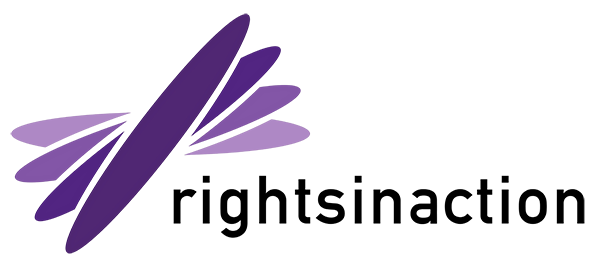
Welcome to the Advocacy Microcredential 1
MC 1: Practice and Foundational Principles of Independent Advocacy in Queensland
Practice and Foundational Principles of Independent Advocacy in Queensland.
It offers a comprehensive and general overview of independent advocacy in Qld. It provides both a broad and deep foundation to understand the landscape of independent advocacy in Qld.
Learning outcomes
• Independent advocacy practices and principles, including roles, responsibilities, and community impact.
• Strength-based and rights-based approaches, emphasising empowerment and clients’ rights.
• Effective community engagement and partnerships, fostering collaboration to achieve meaningful outcomes.
Online Assistance.
Passionate about solving problems through creative communications. Offering affordable goods.
Key Information
MC1 is the Mandatory Introductory Advocacy Microcredential. Once you have completed MC1, you can choose the elective Advocacy Microcredential.
Delivery
This module is completely online and self paced.
Fees
This course is currently fully funded.
— Overview
Learning Area 1: Demonstrate a broad understanding of independent advocacy practices and principles
This Microcredential explores three learning areas. Each learning area offers opportunities to deepen your understanding and apply your learning in real-world advocacy scenarios.
Learning Area 1: Demonstrate a broad understanding of independent advocacy practices and principles.
Learning Area 2: Apply Strength-Based and Rights-Based Approaches to Advocacy.
Learning Area 3: Facilitate Effective Community Engagement and Partnerships.
Moreover, there are three parts of Competency-Based Assessments:
Task 1: Written Knowledge Assessment
Task 2: Case Study Analysis
Task 3: Practical Application
The assessments are designed to reinforce key concepts and practical application.
To earn your digital badge, you must complete all components.
— OVERVIEW
Learning objectives:
1. Define the role and responsibilities of an independent advocate.
2. Identify and respect the boundaries of advocacy services.
3. Differentiate between various advocacy models (Individual, Systemic, Citizen advocacy).
4. Describe the value of advocacy within the local community and its impact on people with disabilities.
5. Apply cultural sensitivity and incorporate First Nations perspectives when working with diverse populations.
— Overview
Learning Area 2: Apply Strength-Based and Rights-Based Approaches to Advocacy
This section explores how to empower individuals by focusing on their strengths, upholding their rights, and navigating systems to achieve meaningful outcomes. Moreover, it provides an in-depth look at applying strength-based and rights-based approaches in advocacy.
By the end of this session, you will have the tools and knowledge to address critical issues like abuse and neglect while advocating effectively within complex systems like the National Disability Insurance Scheme and Family Support Services Scheme
— KEY POINTS
Learning objectives:
1. Utilise a person-centred, solution-focused approach to empower clients.
2. Address abuse, neglect, exploitation, and violence effectively.
3. Incorporate strength-based principles to promote self-determination.
4. Advocate for client rights within the context of evolving systems (e.g., NDIS, FSSS).
5. Navigate systemic and community challenges to achieve meaningful outcomes for clients.
— Overview
Learning Area 3: Facilitate Effective Community Engagement and Partnerships
As an advocate, effective community engagement begins with collaboration. Advocates act as bridges between individuals and the services they need, connecting them with both mainstream services, such as healthcare and education, and specialist services, such as disability-specific support or counselling.
This session provides strategies for effective community engagement by identifying service gaps, building referral pathways, and facilitating multi-disciplinary support. Advocates play a crucial role in connecting clients with both mainstream and specialist services to ensure comprehensive and integrated care.
— KEY POINTS
Learning objectives:
1. Collaborate with mainstream and specialist services to support clients.
2. Engage community resources to provide holistic solutions
3. Understand the scope of general advocacy issues, including financial support, mental health, employment, health literacy, and tenant disputes.
4. Monitor advocacy trends to adapt practices to current and emerging community needs.
5. Foster partnerships that ensure optimal outcomes for individuals with disabilities.
GET QUALIFIED
Get A Digital Badge To Stand Out
Upon Completion Get A Digital Badge That Can Be Applied To Your Socials

Olivia M.
No Digital Badge

James W.
Advocacy Digital Badge

Sarah T.
Advocacy Digital Badge

Tom B.
No Digital Badge
Still have a question? Email us at [email protected]

